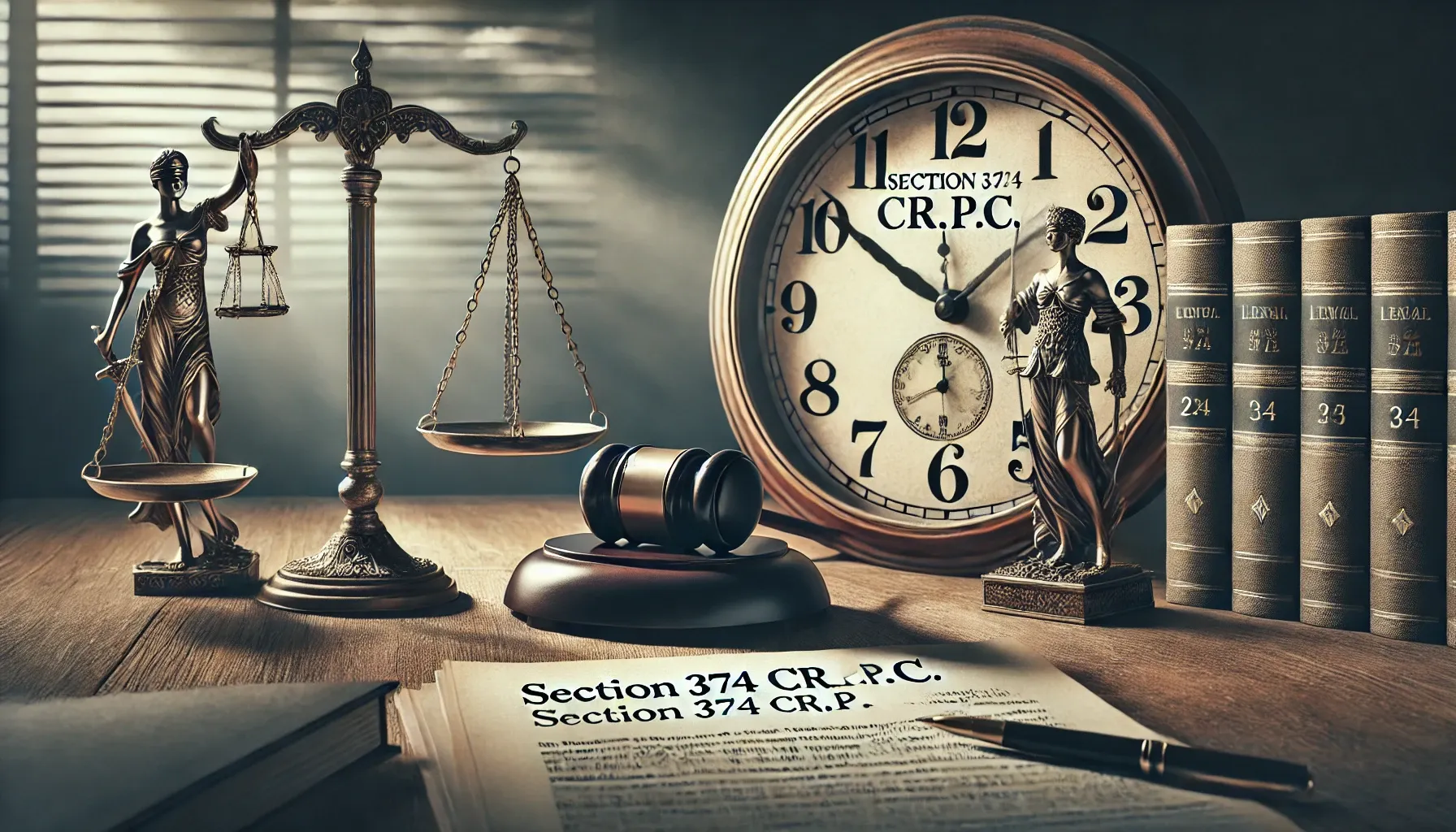The Supreme Court held that the right to appeal against a conviction is fundamental under Article 21, emphasizing that procedural delays must be reasonably examined. The decision ensures justice prevails over technicalities.

The Supreme Court of India recently emphasized that the right to appeal against a conviction is a fundamental right under Article 21 of the Constitution. It held that delays in filing appeals, when reasonably explained, cannot justify dismissing an appeal without examining the reasons. The Court set aside a Madhya Pradesh High Court decision dismissing an appeal due to a delay of 1637 days in filing.
Key Observations by the Supreme Court
Right to Appeal as a Fundamental Right
- Section 374 of Cr.P.C. grants a statutory right to appeal against a conviction.
- The right to appeal affects an individual's liberty, aligning with the expansive interpretation of Article 21.
- The Court observed:
- "Right of Appeal from a judgment of conviction affecting the liberty of a person keeping in view the expansive definition of Article 21 is also a Fundamental Right."
High Court's Decision
- The High Court dismissed the appeal due to the delay, interpreting the appellant's reasons—lack of resources and leaving town for livelihood—as evasion or absconding.
- The dismissal led to the trial court's sentence attaining finality.
Supreme Court’s Ruling
- The Bench comprising Justice BV Nagarathna and Justice N Kotiswar Singh found that the High Court failed to assess the substantive reasons for the delay.
- Relying on precedents such as Dilip S. Dahanukar v. Kotak Mahindra Co. Ltd. (2007) and Rajendra v. State of Rajasthan (1982), the Court reiterated that appeals cannot be dismissed solely on procedural grounds without examining the circumstances.
Significance of the Judgment
Necessity of Examining Delay Reasons
- The Court highlighted that procedural delays should not override substantive justice.
- The High Court's approach of dismissing appeals based solely on technicalities was deemed erroneous.
- It stated:
- "The dismissal of the appeal based on mere technicalities, without a substantive assessment of the appellant's reasons, was erroneous."
Condonation of Delay
- The Supreme Court allowed the appeal and condoned the delay, restoring the case to the High Court for disposal on merits.
- The judgment reinforces the importance of upholding the right to appeal and safeguards against dismissals based on procedural lapses.
- By aligning the right to appeal with Article 21, the Court reiterated that justice cannot be compromised by technicalities.
CASE : MAHESH SINGH BANZARA VERSUS STATE OF MADHYA PRADESH





